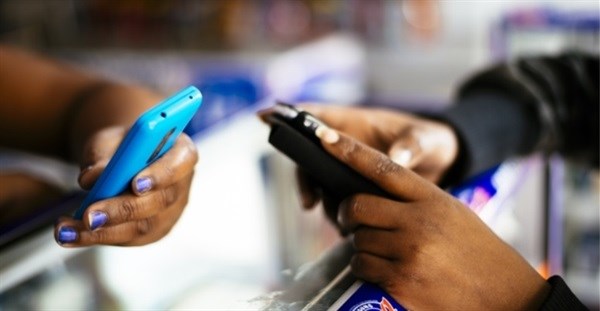
Top stories






More news















The new research, Mobile Financial Services in Emerging Markets: Mobile Money, Loans, Savings & Insurance 2018-2023, finds that Kenya and India will be core incubator markets for merchant services. Safaricom’s Lipa Na M-Pesa product already has over 100,000 merchants enrolled, and by 2023, merchant payment transactions in the Middle East & Africa alone will surpass $16 billion per annum.
The research singled out Mastercard as a key innovator in the sector. The company has launched a QR code-based solution with the aim of connecting 40 million micro and small merchants to its payments network by the end of 2020.
Research author Lauren Foye explained: “Previously merchant payments relied upon SMS to facilitate transactions, with customers texting a code to initiate payment; thus the process was slow and inefficient. With QR code solutions, shoppers simply scan a merchant code to rapidly initiate the payment process.”
The research praised mobile merchant payments as they make digital transactions accessible to a much broader segment of society (as a Point of Sale terminal is not required). To nurture this, the research recommends that players provide value-added services, such as microloans, analytical tools and advice for businesses, in addition to SMS-based marketing services, as a means to drive engagement.
Juniper cautions that tariff rates must remain low, citing the fact that Lipa Na M-PESA was obliged to impose a 50% reduction in fees last year, both to address customer indifference and ward off competition.